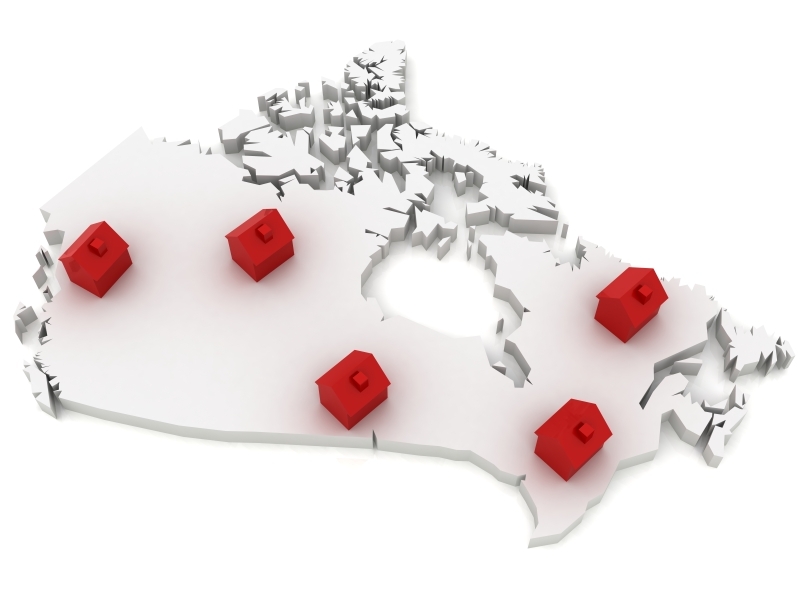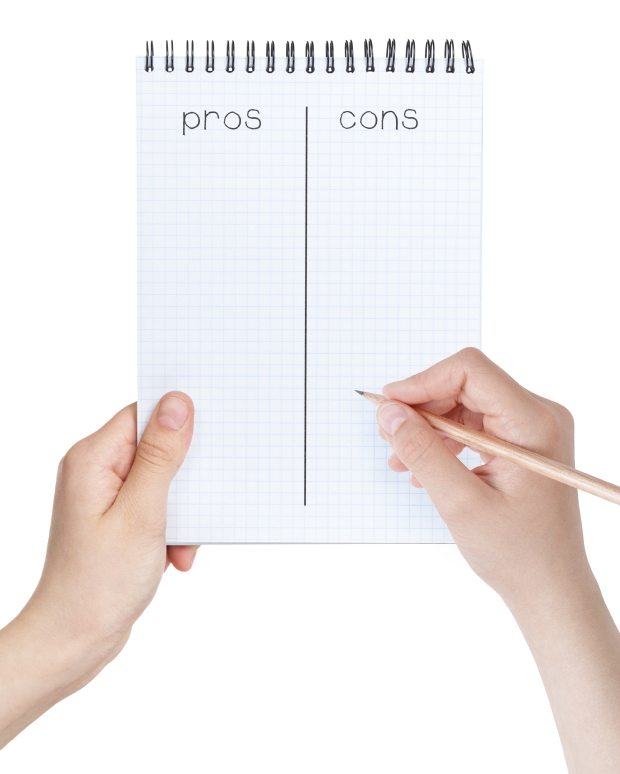How much is the land transfer tax in your province?
Each province has a land transfer tax, with the exception of Alberta and Saskatchewan. Ontario, British Columbia, Prince Edward Island and the city of Toronto offer land transfer tax rebates for first-time homebuyers. Considering purchasing some property? Be sure to review land transfer taxes when completing your budget and considering your Canadian mortgage rate.
Ontario first-time homebuyer land transfer tax rebate
Equal to the full value of the land transfer tax up to a maximum of $2,000.
Eligibility
The buyer must be older than 18 years, occupy the home within nine months of purchase, and has not owned a home anywhere else the world.
Purchasing a home in Toronto incurs an additional municipal land transfer tax.
Toronto first-time homebuyer land transfer tax rebate
Eligible to receive a refund up to a maximum of $3,725.
Eligibility
The buyer must be older than 18 years, occupy the home within nine months of purchase, and has not owned a home anywhere in the world.
British Columbia first-time homebuyer land transfer tax rebate
First-time homebuyers and best mortgage rate holders are eligible to receive a full land transfer tax refund on homes purchased for $425,000 or less.
Eligibility
You are Canadian citizens or permanent residents, have never owned an interest in a principal residence anywhere in the world at anytime.
Alberta and Saskatchewan land title transfer fees
Though Alberta and Saskatchewan do not have a land transfer tax, there is a charge for title transfer fees. This fee should be considered when calculating your low mortgage rate and closing costs.



